Exploring the different ways Muslims can buy a home without interest
When buying a home the Islamic way, you will quickly realise that there is more than one type of Islamic home finance. In fact, the term “halaal mortgage” covers several different contract styles, each designed to avoid interest while still helping you buy a property.
If you are just starting your journey, it is important to understand how these models work and what makes each one different. They all aim for the same goal, which is to help you own a home in a way that is fair, transparent and compliant with Islamic values. But they get there using slightly different paths.
This guide breaks down the three most common types used in the UK today. It also shares what to consider when choosing between them.
Do not consume one another’s wealth unjustly or send it in bribery to the rulers in order to consume a portion of the wealth of others while you know
Surah Al-Baqarah, verse 188
1. Ijara (Lease to Own)
Ijara means leasing. In this model, the Islamic finance provider buys the home and then leases it to you. You pay rent each month, and over time you may gain ownership or have the option to buy the home at the end of the agreement.
In most ijara agreements, the monthly payment includes rent and some extra charges, such as maintenance or insurance. There is no interest because the bank is not lending you money. Instead, it is earning income from letting you use the property.
Key features:
- You do not own the property at the start
- The bank remains the owner during the lease period
- You may be able to buy the home at the end
- You avoid interest completely
- Monthly payments are fixed or pre-agreed
This model is fully accepted by most scholars, but it is less common in the UK today because it can be less flexible than other models.
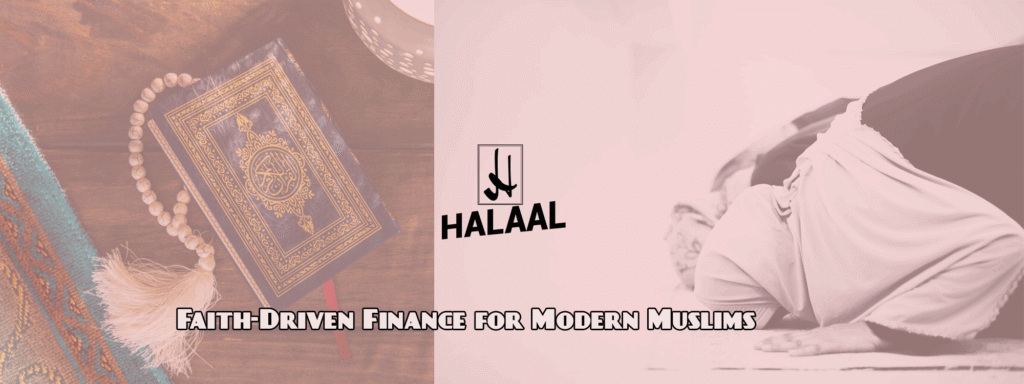
2. Murabaha (Cost-Plus Sale)
Murabaha is a trade-based model. The Islamic provider buys the home and sells it to you at a higher price. That price includes a profit agreed in advance, and you pay it in fixed monthly instalments.
You know from the beginning how much the total cost will be. There is no interest because you are not paying for borrowed money. You are paying for the property itself, with the provider making a clear profit from the sale, not from a loan.
Key features:
- The bank buys and sells the property to you
- You pay the total cost in instalments
- No changes in price during the term
- The profit is agreed up front and is not tied to time
- You own the property immediately or progressively depending on the contract
Murabaha is easy to understand and suitable for those who want predictable payments. It is often used in commercial property deals as well.
3. Diminishing Musharakah (Partnership Ownership)
This is the most widely used model for Islamic home finance in the UK. It is a partnership where both you and the provider buy the home together. You gradually buy out the provider’s share by making monthly payments.
At the same time, you pay rent on the part of the home that the provider still owns. As your ownership increases, the rent you pay decreases. Eventually, you own the whole property.
Key features:
- You co-own the home with the bank or finance provider
- You pay rent plus a share-purchase payment each month
- Over time, you own more and pay less rent
- There is no interest
- The agreement is based on partnership and shared responsibility
Diminishing musharakah feels most like a typical mortgage, but with a very different structure. It is the most flexible option for many people and is commonly offered by UK Islamic banks.
Which one is best?
There is no one-size-fits-all answer. Each model has strengths and limitations. The best choice depends on your situation, income, goals and risk tolerance.
Some people prefer murabaha because of its simplicity. Others prefer diminishing musharakah because of its flexibility and balance. Ijara may suit those who do not want to take ownership right away.
The key is to understand the structure and read the terms carefully. Always check if the contract has been reviewed by a trusted shariah board and whether it is clearly free from interest or hidden charges.
Our Compare Providers page can help you see which finance models are offered by each bank or platform.
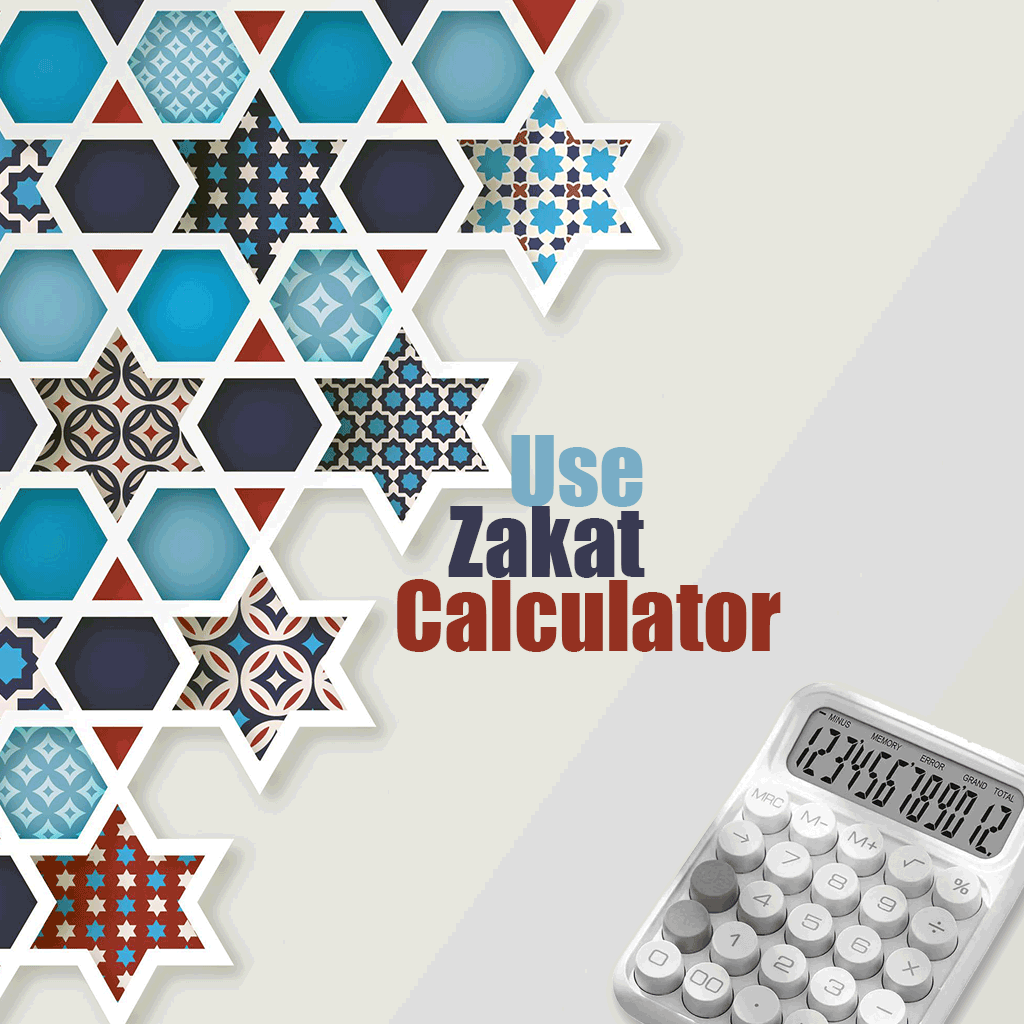

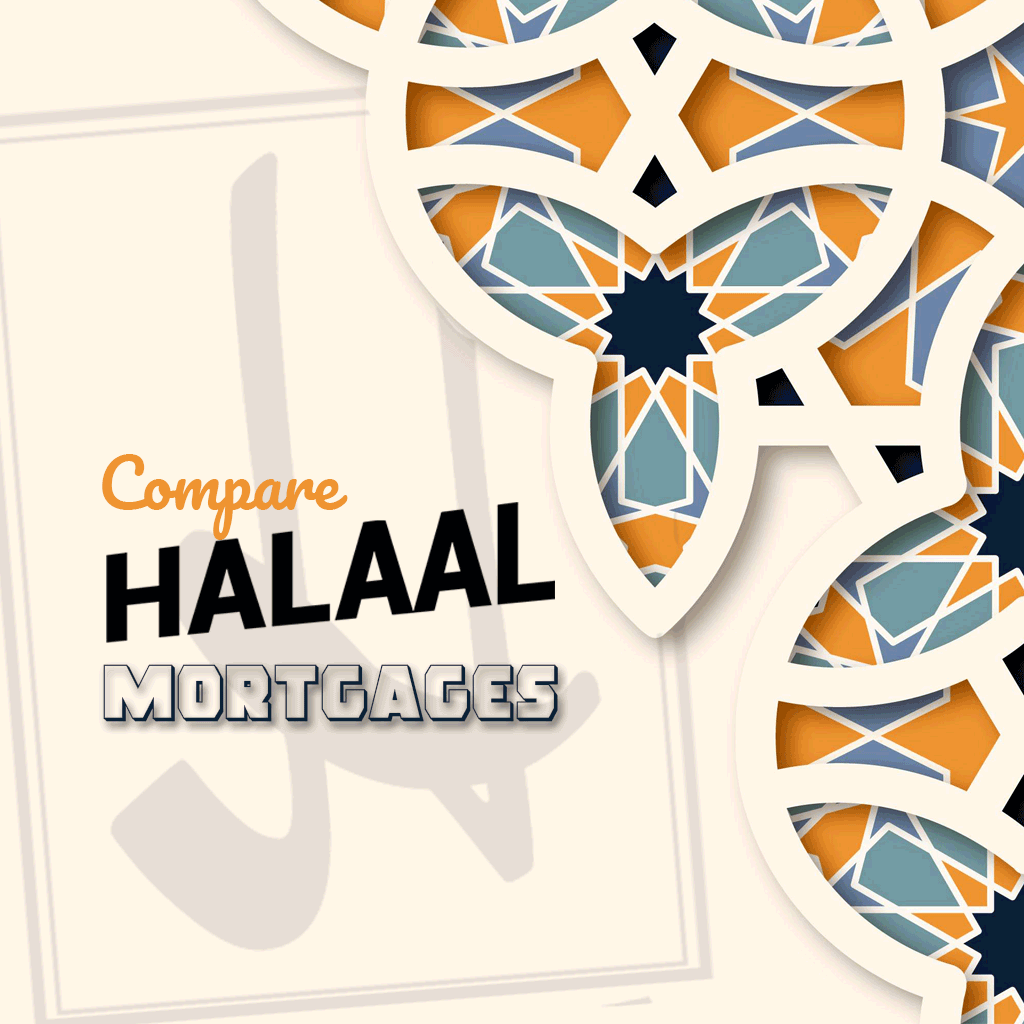
Islamic Home Finance FAQ’s
Yes. But how much of the sale proceeds you keep will depend on how much of the property you own. The terms should explain this clearly from the start.
Rent is a payment for the use of something you do not fully own. Interest is a fee for borrowing money. In Islamic finance, profit comes from asset use or resale, not from debt.
Yes. Islamic home finance models are fully legal in the UK and regulated by the Financial Conduct Authority. The contracts follow both UK legal standards and Islamic guidelines.
True Islamic finance does not charge hidden interest. Instead, it involves profit made through trade or rent. Always check how the payments are structured and whether a qualified scholar has reviewed the product.
In some cases, the payments may be similar, but the structure is different. You are not paying for borrowed money. You are paying for your share in the property or its use.
Most providers will work with you to find a solution. Late fees are sometimes charged to discourage delay, but they are not kept as profit and are often donated to charity if collected.
The goal is to help you own a home in a way that avoids interest, shares risk fairly and keeps your transaction compliant with Islamic principles.



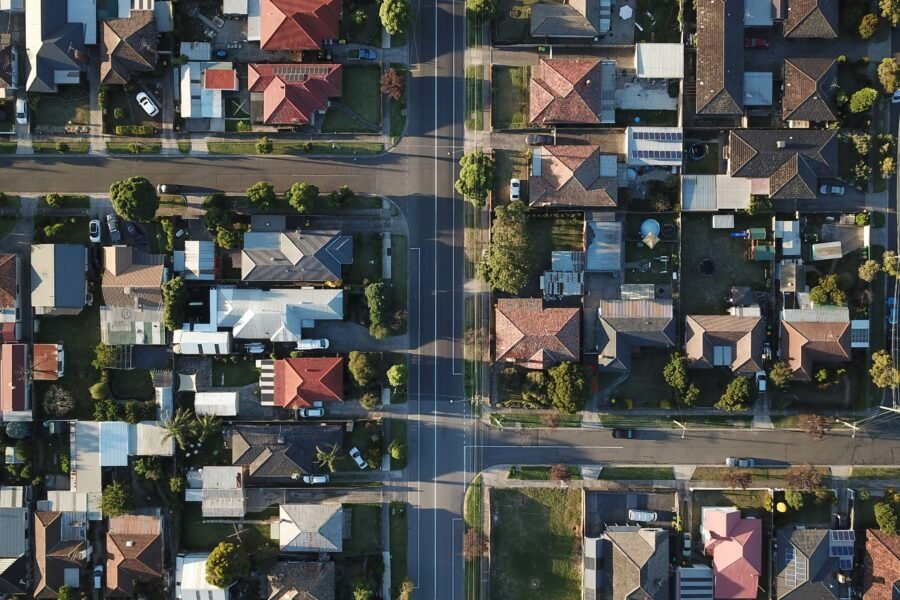
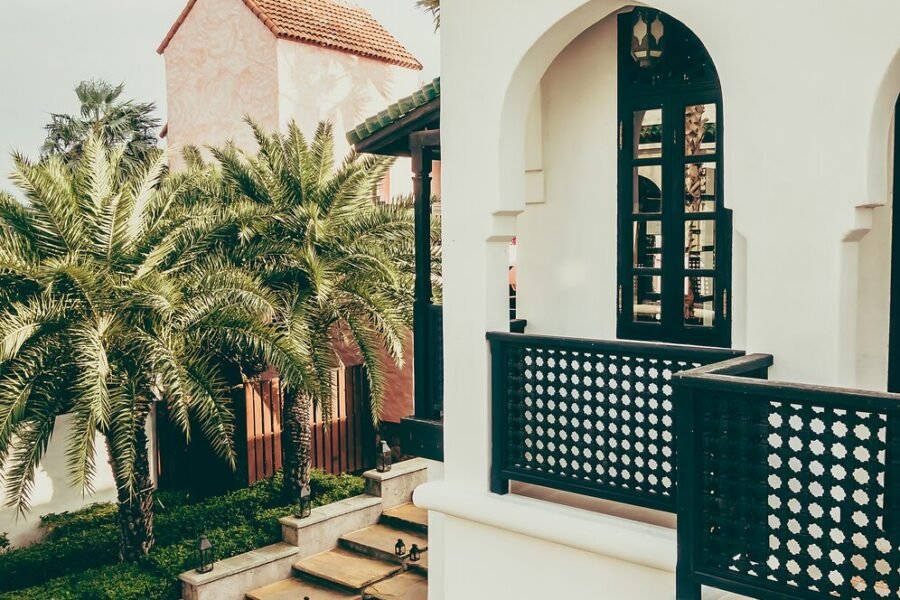
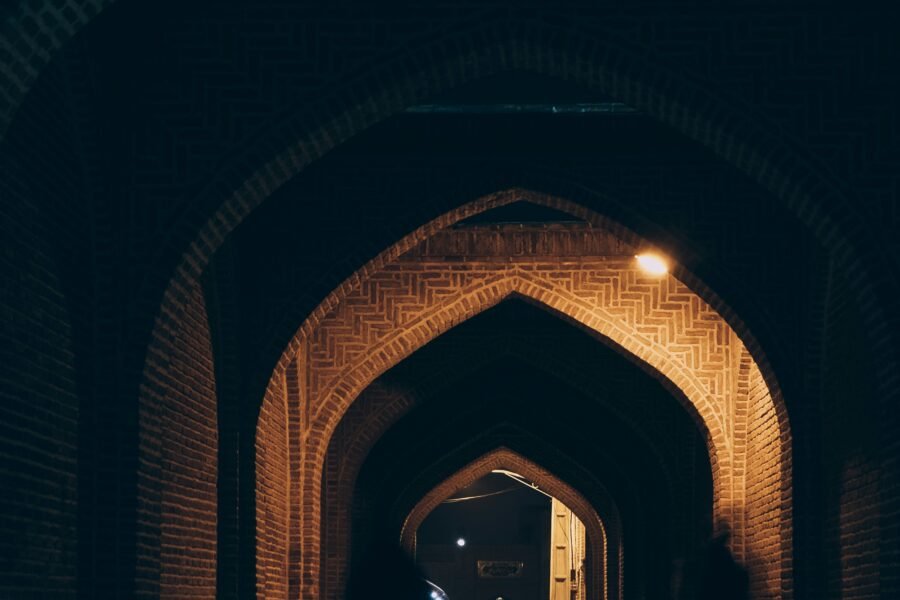

Sign up